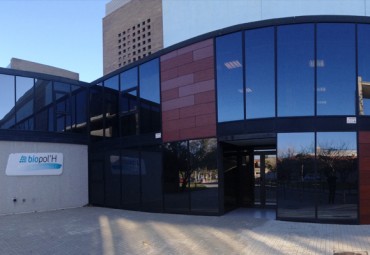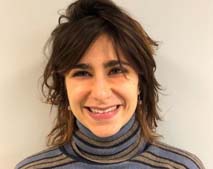Feeling the Beat: a window on the involvement of the motor system in Language morpho-syntactic learning
Spread evidence suggests a still uncovered relationship between the motor-system and language processing. An example is the often-observed co-morbidity between impairments of language development and motor deficits. Current theoretical models sustain that motor commands generate forward predictions that would modulate and facilitate speech perception. This framework easily explains how motor abilities could affect the learning of the sounds formed by words (e.g., ‘welcome!’). Nevertheless, it is not able to explain how the motor system may be involved in learning more complex linguistic features, such as syntactic (e.g., she studies) and morphological rules (e.g., un-believe-able), which are often affected in children with language development deficits.
Beat and meter are rhythmic properties of sounds that emerge when humans are exposed to acoustic stimuli that present a status of temporal periodicity. Beat/meter perception makes the predictability of percept easier, something that is shown to improve learning, memory and motor coordination. Importantly, research has consistently related the motor system to rhythm perception. Speech constitutes an intrinsically rhythmic entity and possesses different properties that may be connected to temporal periodicity, such as syllable rate, syllabic stress or vowel reduction. The aim of the project is to understand if speech rhythmic properties may link the involvement of the motor system to the learning of morpho-syntactic language rules.
To do this, we developed a pilot to validate the novel experimental paradigm that will be able to isolate the targeted mechanisms. Our protocol included artificial languages (ALs) that display artificial rules (e.g., “guliNO talaKO…”, syllable -no always predicts syllable -ko) positioned at different moments of their rhythmic tempo. Our aim was to test if when the rule dependencies are repeatedly presented at the position of the rhythmic beat, learning of these structures is facilitated compared to when these do not converge with the position of the beat. This would test the facilitating role of rhythm in natural languages for morphosyntactic acquisition.
We appreciate being punctual in the connection.
ZOOM LINK: https://ub-edu.zoom.us/j/93991054604
Or in person attendance: Modular Building, room 1.5
 |

